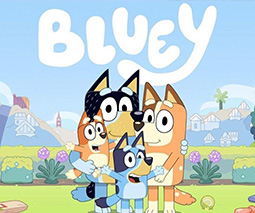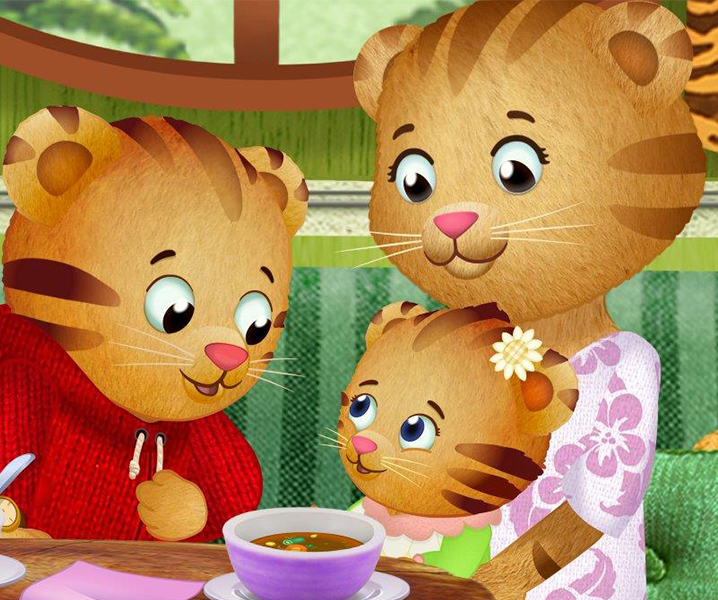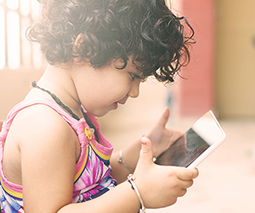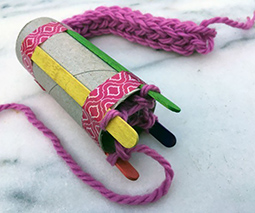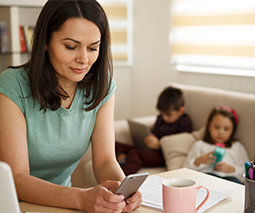Whoops! My oldest child taught my toddler to be a screen addict
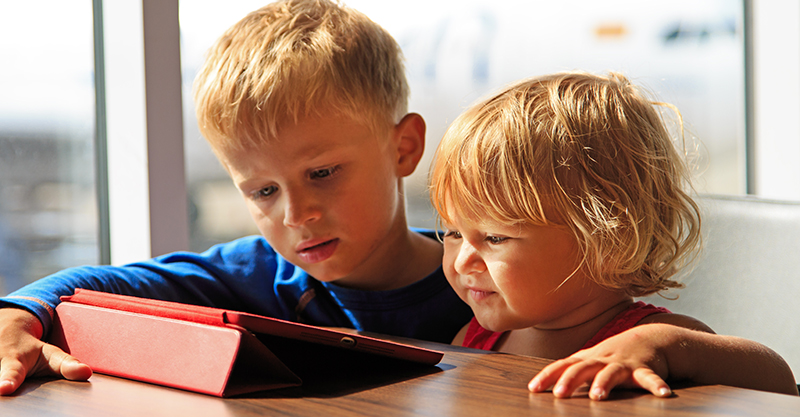
My seven-year-old son loves the iPad. If he was allowed, he’d watch it for hours on end, possibly even for days. He gets sucked into watching the latest YouTube stars and sits transfixed in an impenetrable world. Removing the device from him is never fun.
We decided to make some changes
Subsequently, we recently banned his iPad use during the week. Using it as an incentive in the mornings to get ready was more hassle than it was worth. Evenings are battleground enough without throwing another grenade into the mix. We implemented time slots of 30 minutes twice a day on the weekend and set up a timer so he knew when his time was up.
The positive improvement in both his behaviour and interaction was immediate. Rather than having his head down, he engaged with us and became interested in the world away from the screen. However, one of the most important reasons we had for curbing Mr 7’s iPad use was because of Mr 2. The impact it was having on him was worrying, even at such a young age.
My toddler wants to do everything his big brother does
As his brother’s shadow, he wants to do everything his brother does – and that includes sitting glued to the screen. He was starting to seek his brother out when he knew the iPad was being used. He would sit mesmerised next to him and his tantrums would rival Mr 7’s should I dare to take it away. Such a negative response (from both of them) highlighted to me the power of technology and just how early that obsession can start.
Read more on kids and screen time:
- My kids are screen addicts and I hate what it’s doing to our family
- Doctors share important new screen time guidelines
- 5 reasons you should limit your child’s screen time
How the addiction to screens starts
Jocelyn Brewer is a psychologist with expertise in the impact of social media. She tells me that children from as early as six months old start to notice stable toys or objects. Screens fall into this category, particularly if they’re being used frequently around them.
“We learn through imitation and though practice,” she says. “If we see key people or carers doing something, we want to do it too. If we see it repeatedly, we learn habits and patterns of behaviour from things like brushing teeth to swiping screens.”
Brewer tells me that the regularity that toddlers start to want to watch screens depends on how often they receive it and how this is reinforced.
“If a toddler only watches the Wiggles on very rare occasions for short bursts and is told, ‘three songs’ then ‘last song’ then ‘goodbye wiggles’, it’s teaching her that it’s something pleasurable but not a replacement entertainment,” she says. “It’s not something she seeks out.”
In reality, most of us use screens as entertainment for our little ones to some extent. Whether it be to get that washing hung out, drink a cup of tea in peace or just have five minutes down time.
So, is there a happy medium?
“I think that we need to think about the context that screen time happens in and what we’d think is ‘too much’,” says Brewer.
“If the screen time is a go-to habit on a daily basis and there’s little co-watching or interaction, that’s much more likely to become problematic in its habit forming power than occasional or sporadic use with a carer interacting with the child as they watch.”
Brewer tells me that we need to be aware of how our toddler’s screen habits are formed in the first place. Screen habits that may seem easy to manage at first, may then become difficult to change, reshape or control in future. To eliminate this, Brewer suggests watching and sharing screen time together to ensure it’s healthy, and the content appropriate. She also highlights the importance of minimising our own screen time.
“Be conscious of your own habits and the message that constantly being behind your phone is communicating to your children,” says Brewer. “It conveys the importance of the screen in your life and sets up a form of competition with the child for your attention and love.”
Dealing with the tantrums
When it comes to managing elder siblings use of screens, Brewer says it’s helpful to have surreptitious ways of avoiding conflict over siblings at different developmental levels. However, she notes that older siblings having different or more relaxed rules is an age-old problem, so dealing with the fact that this is ‘just how it is’ can help in the realm of emotion regulation.
“Hard as it is, it’s important to remember that tantrums are an opportunity for children to learn to regulate behaviours,” she says. “We don’t want to eliminate responses in total to any of these situations, but to manage the response, rather than have meltdown type reactions.”
“Having meaningful alternative activities can help to make the tantrums shorter and less intense.”
